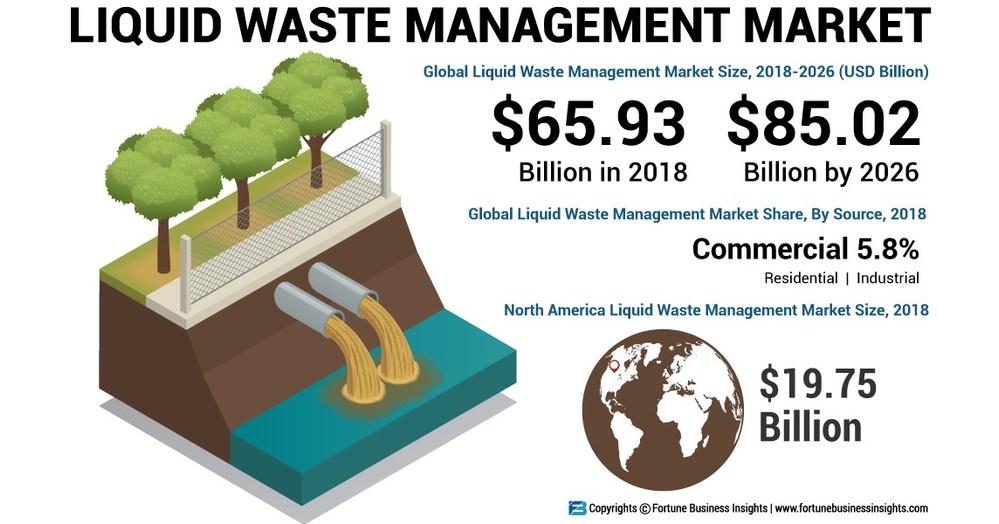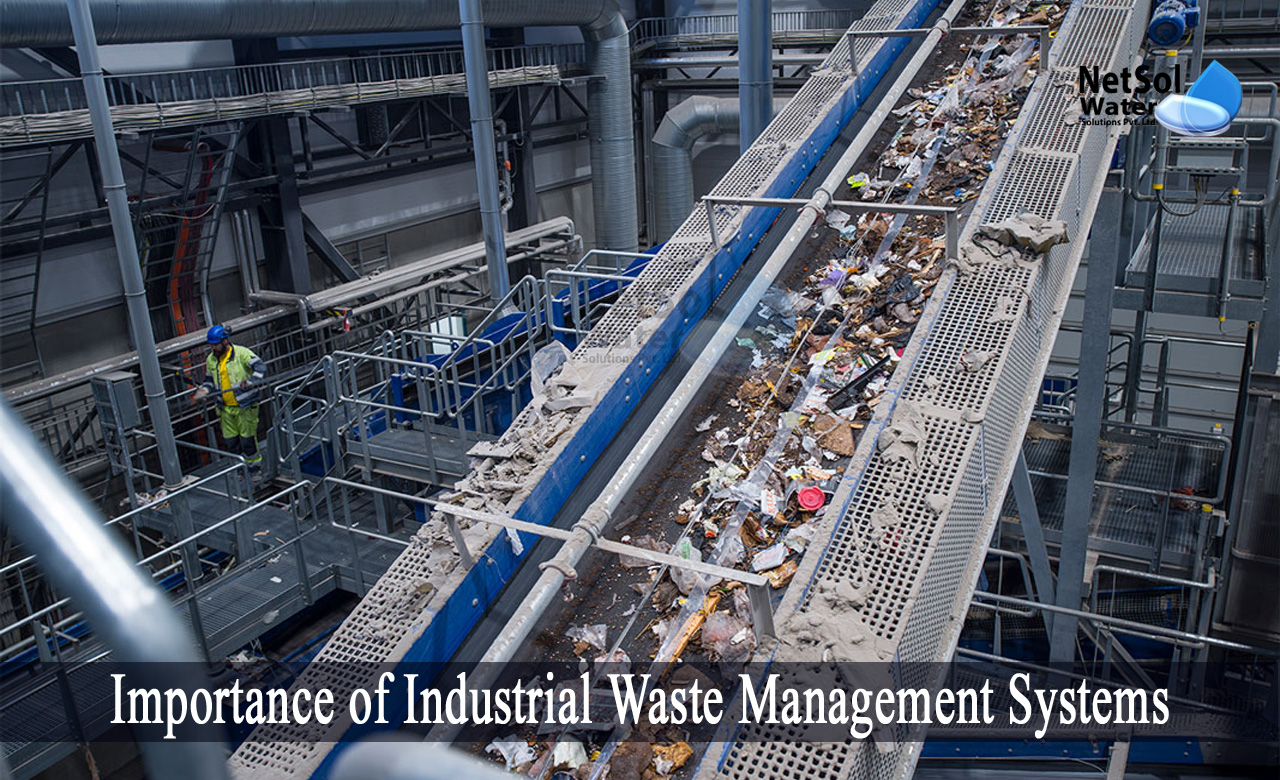The smart Trick of Reclaim Waste That Nobody is Discussing
Wiki Article
The 2-Minute Rule for Reclaim Waste
Table of ContentsLittle Known Questions About Reclaim Waste.Reclaim Waste - The FactsAn Unbiased View of Reclaim WasteThe 25-Second Trick For Reclaim WasteThe smart Trick of Reclaim Waste That Nobody is Discussing
Explore the kinds, occurrences, and kinds of liquid waste. Domestic sewer waste refers to the waste and items from a residential sewage-disposal tank. This sort of waste is developed by people in residences, institutions, and other structures. This only includes sewage-disposal tanks that have a drain area. The appropriate management and disposal of residential sewage waste need liquid waste to be moved to a sewage treatment plant where the appropriate techniques and devices are related to cleanse and take care of waste.
Industrial waste often includes possible hazards, such as flammable materials or a combination of liquid and solid waste items, and calls for a more sophisticated and detailed disposal process. The disposal of industrial waste typically entails the purification of waste before transport to ensure secure and correct disposal. Hazardous waste is produced from results and drainage of industrial processes and production.
This type of waste can not utilize the very same sewer monitoring transportation or processes as septic or commercial fluids. The hazardous waste monitoring process requires the assessment and screening of fluid waste prior to it undertakes the disposal procedure (industrial wastewater treatment). Drainage waste is the fluid waste that originates from drainage and excess stormwater in highly populated areas or cities
Runoff waste can trigger contamination and flooding otherwise managed properly. Find out more concerning sewer cleaning and waste administration. Guaranteeing correct waste monitoring can protect against calamities and minimize environmental harm. Both people in household setups and experts in industrial or manufacturing sectors can gain from understanding the processes and guidelines of liquid waste management.
The 10-Minute Rule for Reclaim Waste
Get in touch with PROS Solutions today to find out about our waste management and disposal services and the proper ways to look after the liquid waste you create.(https://profile.hatena.ne.jp/reclaimwaste1/)Do you understand what occurs to your water when you end, purge the toilet or drain pipes the washing maker? No? Well, it deserves understanding. This so-called 'wastewater' is not just an important resource but, after therapy, will be launched to our land, rivers or the ocean. Utilized water from toilets, showers, baths, cooking area sinks, laundries and commercial processes is referred to as wastewater.

water utilized to cool down equipment or clean plant and equipment). Stormwater, a type of wastewater, is overflow that moves from farming and metropolitan locations such as roofings, parks, yards, roadways, paths and rain gutters right into stormwater drains, after rain. Stormwater streams without treatment straight to neighborhood creeks or rivers, eventually reaching the ocean.
Reclaim Waste for Dummies
In Queensland, most wastewater is treated at sewage treatment plants. Wastewater is moved from residential or commercial websites via a system of sewage systems and pump terminals, called sewage reticulation, to a sewer therapy plant. Regional governments develop, preserve and operate most sewage treatment plants. Operators are certified under the Environmental Management Act 1994 to discharge treated wastewater at an acceptable environmental standard into rivers.The Department of Natural Resources recommends city governments about handling, operating and preserving sewerage systems and treatment plants. In unsewered locations, city governments may require owners to mount private or family sewer therapy systems to deal with domestic wastewater from commodes, kitchen areas, restrooms and washings. The Department of Natural Resources authorizes making use of family systems when they are shown to be efficient.
In some brand-new class, therapy of some stormwater to eliminate clutter, sand and gravel has actually begun utilizing gross toxin traps. Wastewater therapy takes place in four stages: Gets rid of solid matter.
Makes use of tiny living microorganisms knows as micro-organisms to break down and remove continuing to be liquified wastes and fine bits. Micro-organisms and wastes are integrated in the sludge.
8 Simple Techniques For Reclaim Waste
Nutrient elimination is not readily available in all sewer therapy Read Full Report plants due to the fact that it calls for costly specialist devices. It is ending up being a lot more typical in Queensland. Clear liquid effluent produced after therapy might still have disease-causing micro-organisms. If this effluent is launched into waterways such as rivers or the sea, the micro-organisms will eventually pass away out.
This usually means wastewater has actually to be dealt with or pollutants eliminated before it can be discharged to waterways. The majority of wastewater streams into the sewage system. Under the Act, city governments provide authorizations and permits for ecologically relevant tasks (ERAs) entailing wastewater releases that could have a regional impact. The division administers authorizations and licences to Periods including wastewater launches that may have a local or statewide effect.
5 Easy Facts About Reclaim Waste Described
Otherwise, examples are considered laboratory analysis. Usually many tests are needed to establish the levels of each of the different toxins such as oils, hefty steels and chemicals in water. Monitoring provides factual information regarding water high quality and can verify that permit problems are being met. The information acquired via surveillance provides the basis for making water quality decisions.Report this wiki page